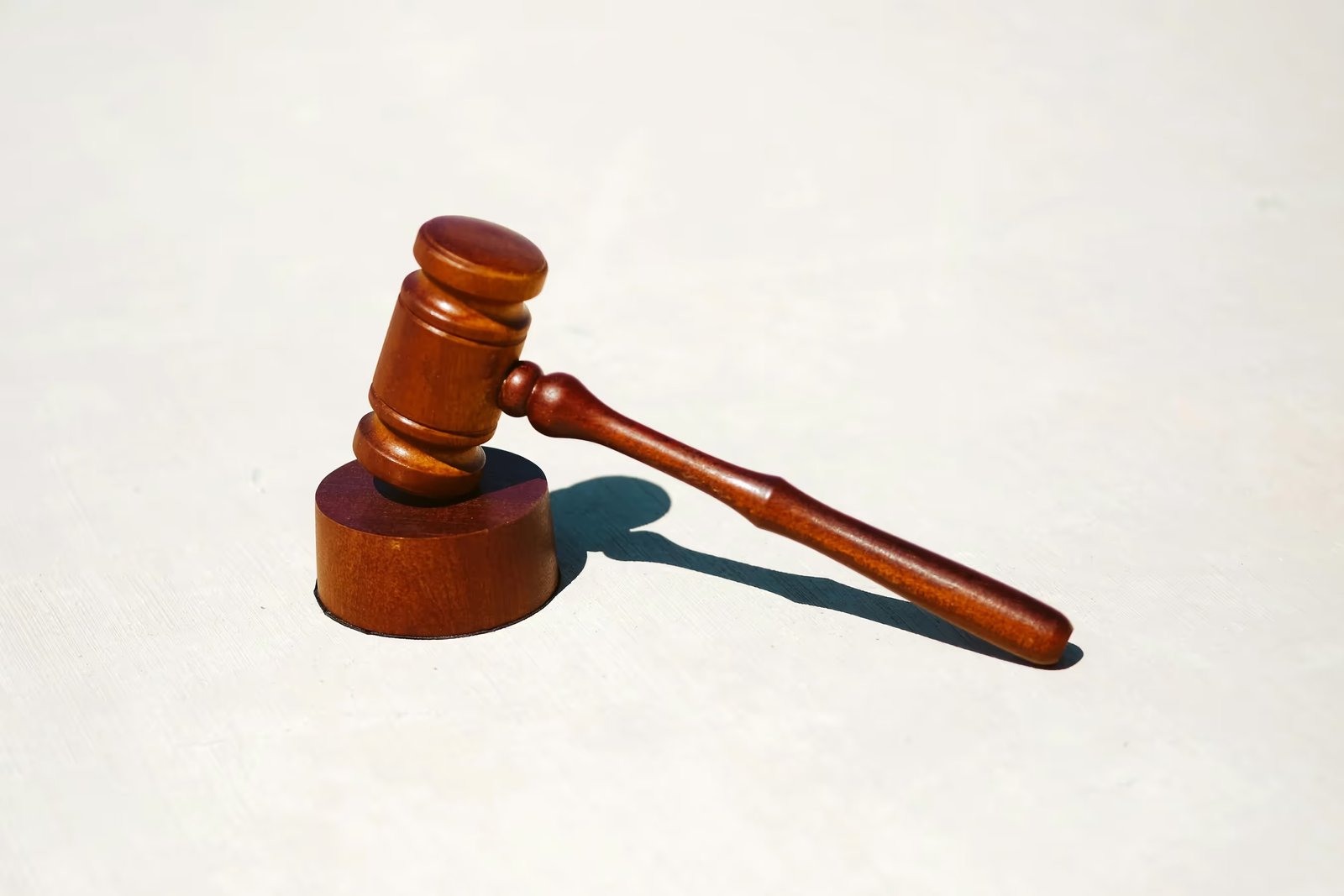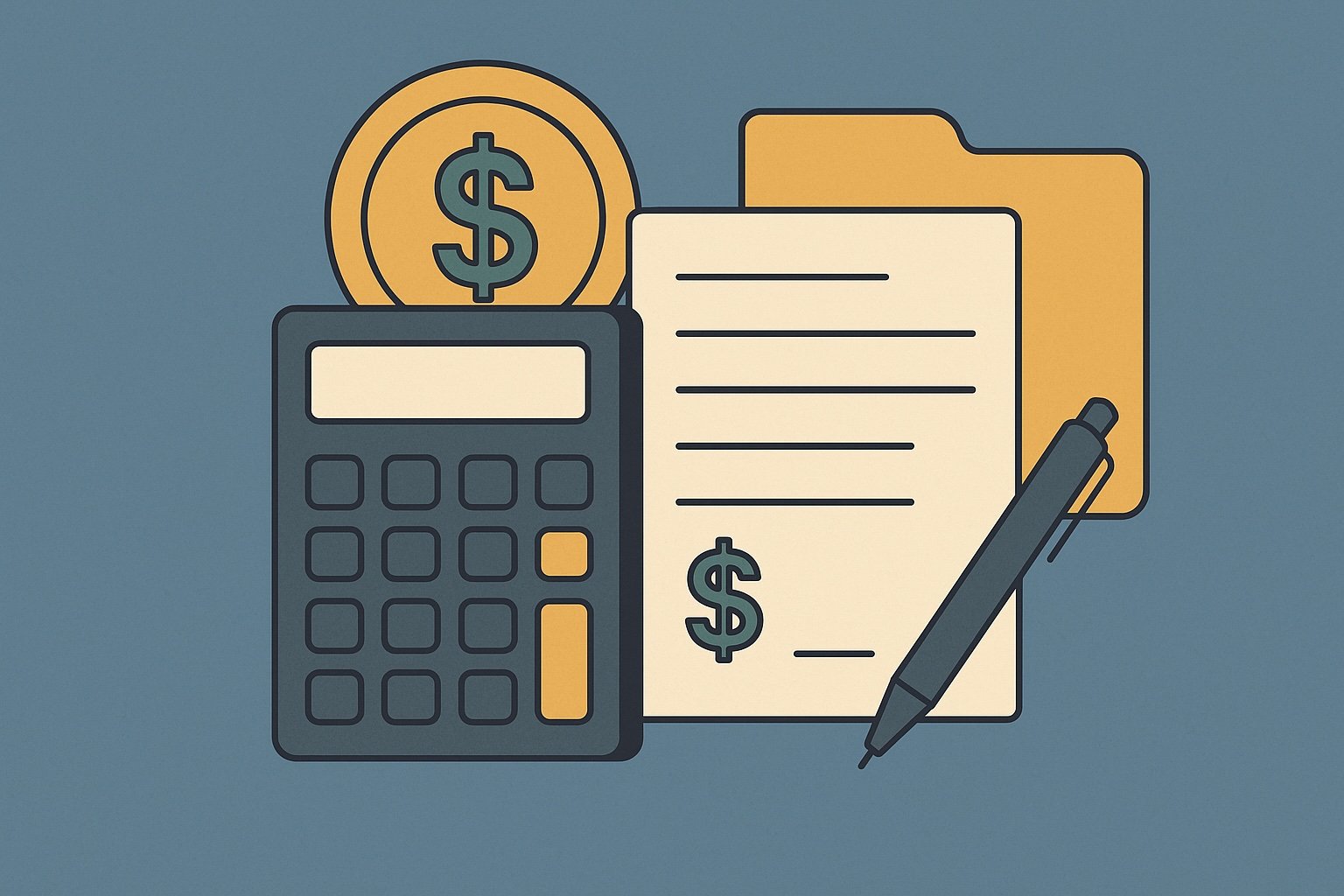Question
ARTE's Answer
In a 1031 exchange, timing is crucial to ensure that the transaction qualifies for tax deferral under IRS regulations. The process involves specific deadlines for identifying and acquiring the replacement property, which are essential to follow to avoid the exchange being disqualified and treated as a taxable sale.
According to Section 1031(a)(3) and the related regulations, the replacement property must be identified within 45 days of the transfer of the relinquished property. This period is known as the identification period. During this time, you must provide a written identification of the potential replacement property to the person obligated to transfer the replacement property or any other person involved in the exchange, excluding yourself or a disqualified person. The identification must clearly describe the replacement property, typically using a legal description or street address.
Once the replacement property is identified, the next critical deadline is the exchange period. The replacement property must be acquired by the earlier of two dates: 180 days after the transfer of the relinquished property or the due date (including extensions) of your tax return for the year in which the relinquished property was transferred. This 180-day period is non-negotiable and must be strictly adhered to for the exchange to qualify under Section 1031.
To illustrate this with an example, let’s say you sold your relinquished property on January 1st. You would have until February 15th (45 days) to identify potential replacement properties. Then, you would need to acquire the replacement property by June 30th (180 days) or by the due date of your tax return, whichever comes first.
At Deferred.com, we offer qualified intermediary services to facilitate your 1031 exchange. As your qualified intermediary, we would handle the sale of your relinquished property and the acquisition of your replacement property, ensuring that you do not have constructive receipt of the funds, which could jeopardize the tax-deferred status of your exchange.
Imagine you sold a commercial property for $500,000 on January 1st. You identify a replacement property worth $600,000 by February 15th. With Deferred.com as your qualified intermediary, we would hold the proceeds from the sale and use them to purchase the replacement property on your behalf by June 30th. This way, you meet all the necessary deadlines and requirements, allowing you to defer capital gains taxes on the transaction.
By adhering to these timelines and utilizing our services at Deferred.com, you can successfully complete a 1031 exchange and defer your taxable gain, ensuring compliance with IRS regulations.
Have more questions? Call us at 866-442-1031 or send an email to support@deferred.com to talk with an exchange officer at Deferred.
1031 Question? Ask ARTE
Deferred's AI 1031 Research Assistant is trained on 8,000+ pages of US tax law and outperforms human CPAs by 22%+
CHAT NOW
Learn More
See more frequently asked questions about 1031 exchanges








